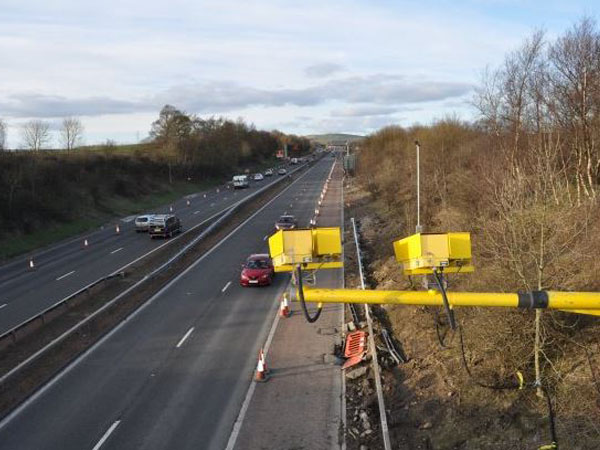Driving Offences Ireland Explained
 In Ireland every year, to drive a motor vehicle legally, thousands of people must be issued with a valid driving licence. These include cars, trucks, vans, motorbikes, agricultural machinery, and much more. To ensure a high standard of safety on our roads, anyone driving in Ireland must understand and take notice of the penalties and the laws that are in place if the laws are broken. All motoring provisions in Ireland are set out by the road traffic acts. The issues that are dealt with under the legislation act include vehicle standards, vehicle licensing, responsibilities, your obligations, and much more. The offences include speeding, driving with no attention and care, driving with no seatbelt, drink driving, and driving with no insurance or tax. In 2006, a new driving offence was introduced for driving while on a mobile phone. If you get convicted by a judge for driving a defective vehicle or for a motor offence, you can be disqualified from driving. A defective vehicle simply means a vehicle that isn't worthy of driving on the road. There is also parking fines and restrictions system in place nationwide. Any citizens that are summonsed with motoring offences will be held in a court and the judge presiding can set out disqualifications for driving, and licence or driving endorsements. If you are convicted of an offence for causing a death while dangerous driving, then this will be held in the circuit court before a jury and a judge unless before the hearing the defendant pleads guilty. If you have certain motoring offences such as dangerous driving or drink driving, then the Gardai have the arrest the person.
In Ireland every year, to drive a motor vehicle legally, thousands of people must be issued with a valid driving licence. These include cars, trucks, vans, motorbikes, agricultural machinery, and much more. To ensure a high standard of safety on our roads, anyone driving in Ireland must understand and take notice of the penalties and the laws that are in place if the laws are broken. All motoring provisions in Ireland are set out by the road traffic acts. The issues that are dealt with under the legislation act include vehicle standards, vehicle licensing, responsibilities, your obligations, and much more. The offences include speeding, driving with no attention and care, driving with no seatbelt, drink driving, and driving with no insurance or tax. In 2006, a new driving offence was introduced for driving while on a mobile phone. If you get convicted by a judge for driving a defective vehicle or for a motor offence, you can be disqualified from driving. A defective vehicle simply means a vehicle that isn't worthy of driving on the road. There is also parking fines and restrictions system in place nationwide. Any citizens that are summonsed with motoring offences will be held in a court and the judge presiding can set out disqualifications for driving, and licence or driving endorsements. If you are convicted of an offence for causing a death while dangerous driving, then this will be held in the circuit court before a jury and a judge unless before the hearing the defendant pleads guilty. If you have certain motoring offences such as dangerous driving or drink driving, then the Gardai have the arrest the person. Penalties for Driving offences
The Penalties on convictions for any driving offences depends on how whether they are repeat offences or how severe the offence is. They can include monetary fines, endorsement of driving licence, imprisonment in more severe cases, and disqualified from driving for life. For certain offences, there is a penalty point system. In relation to the most common motoring offences, under the 2006 road traffic act, the penalty point fines were increased.Driving Disqualifications
Disqualification is generally issued by a court in the prevention of a someone from holding a drivers licence or even applying for a drivers licence for a set time. The 5 main types of qualifications from driving are:-
Ancillary Disqualification
-
Consequential Disqualification
-
Special Disqualification
-
- Not fit to drive due to a physical disease
- Unable to drive any vehicle
- Not fit to drive due to a mental or physical disability
-
Disqualification for 12 or more penalty points
-
EU Disqualification
